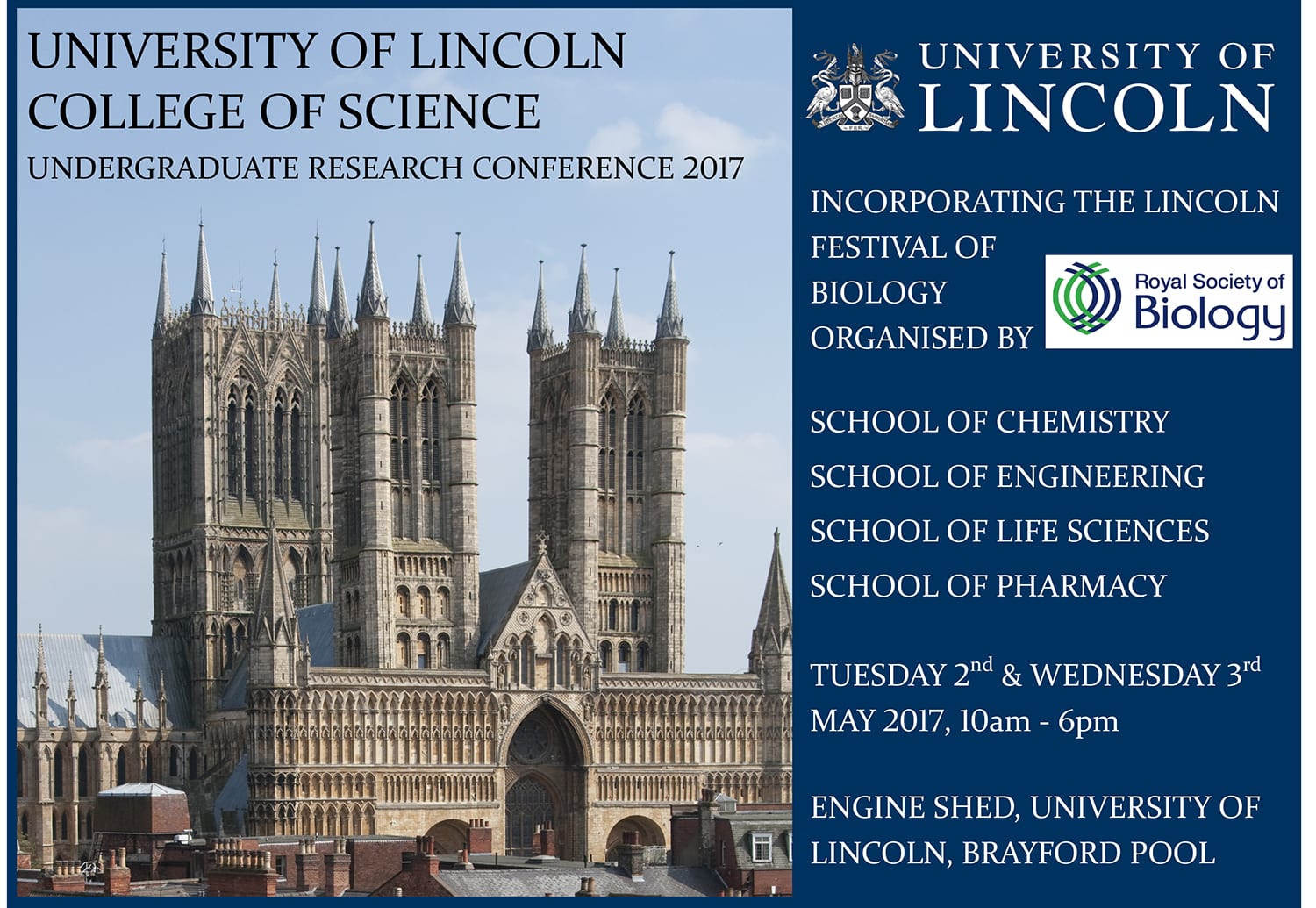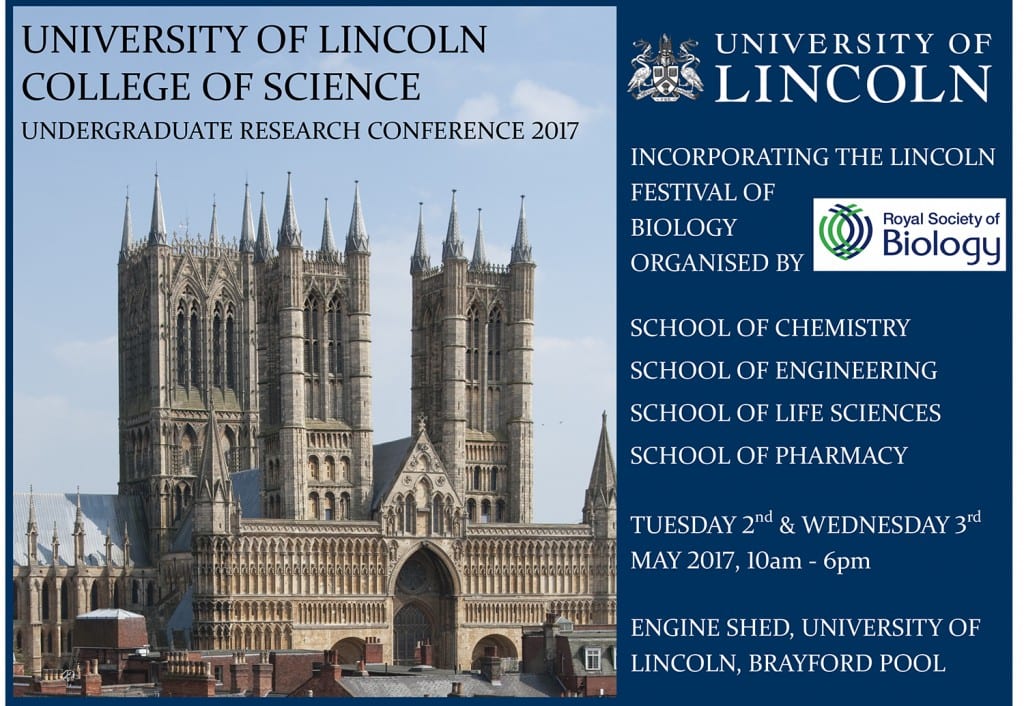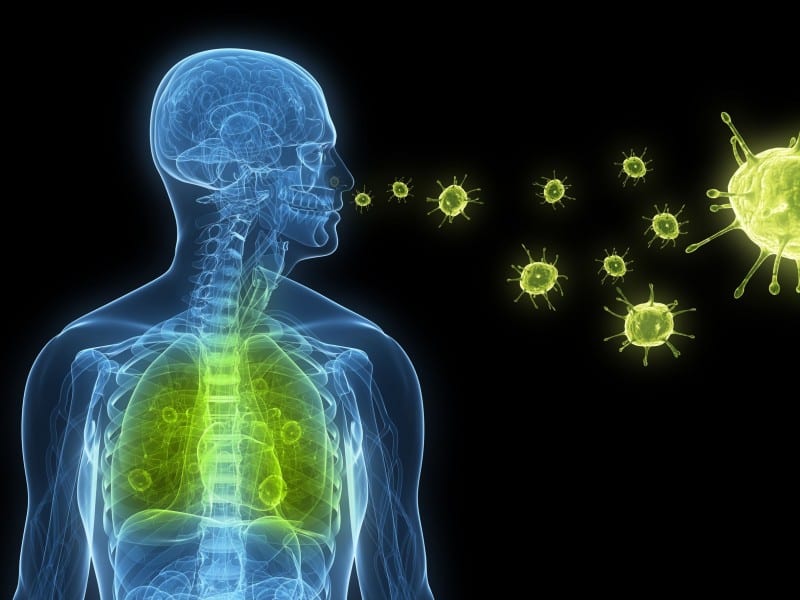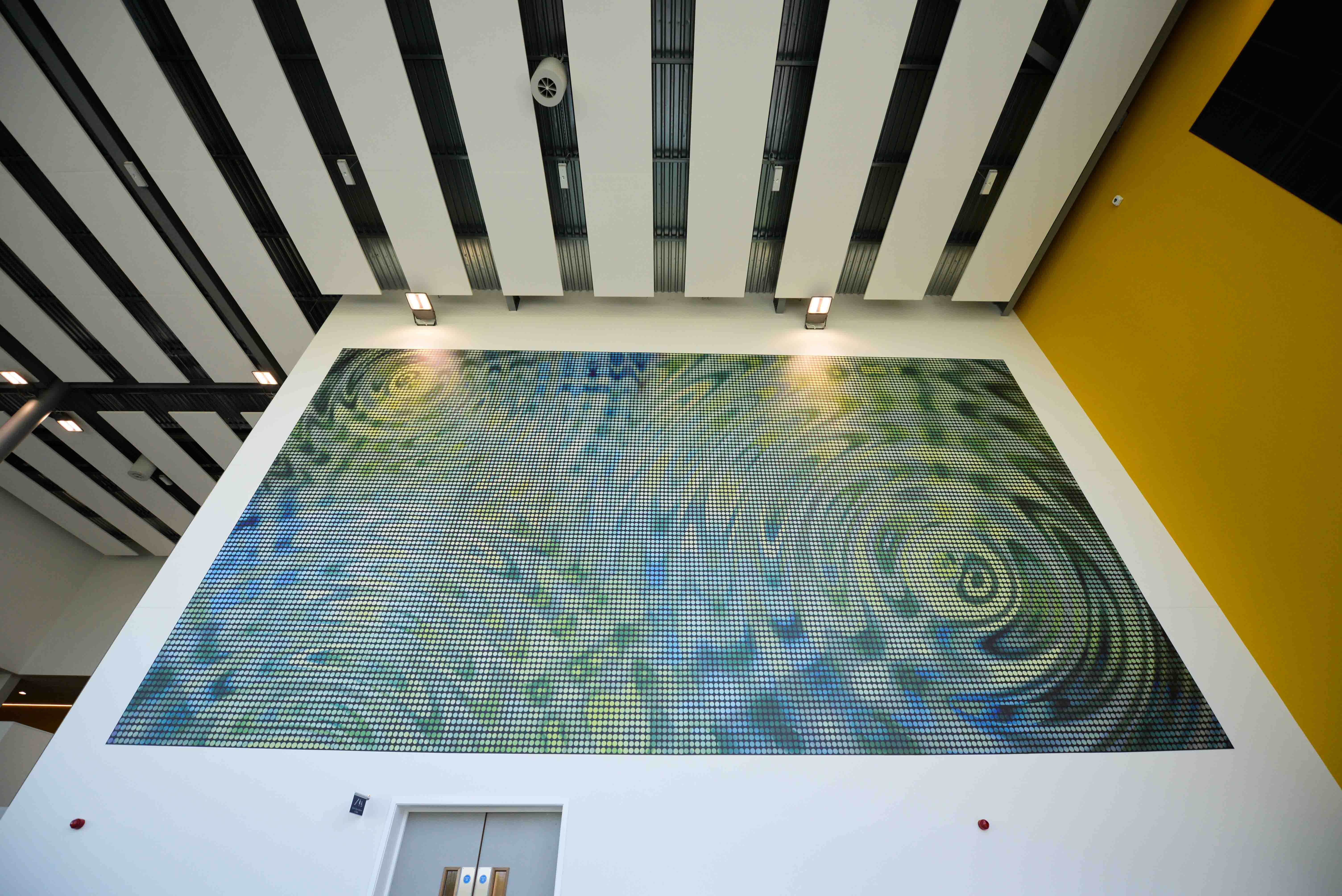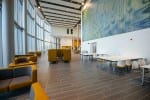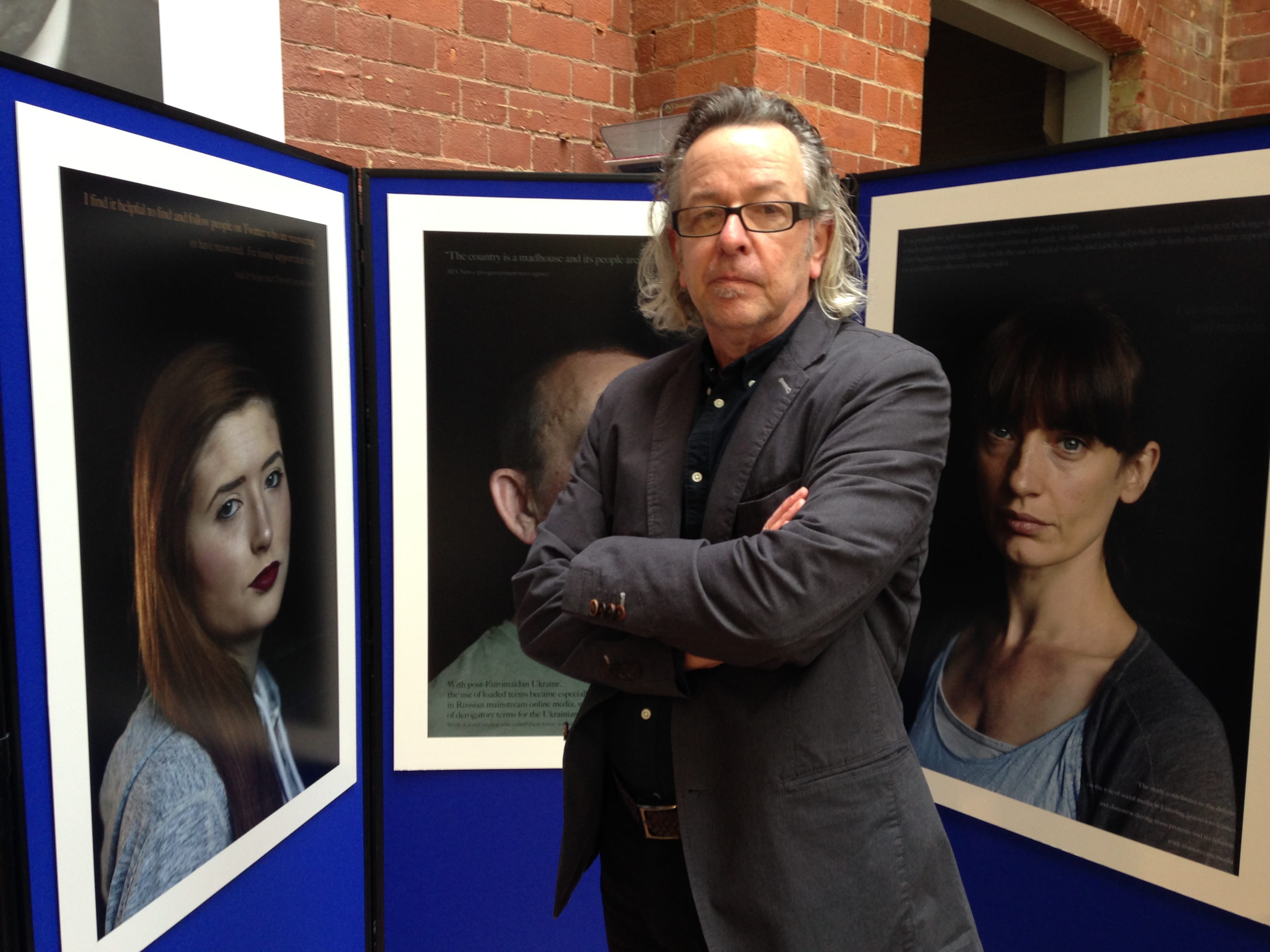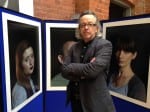 The way people with Parkinson’s use their eyes to complete simple tasks in both the real world and working at computers is being investigated by neuroscientists – and the findings could help early diagnosis and improve their quality of life.
The way people with Parkinson’s use their eyes to complete simple tasks in both the real world and working at computers is being investigated by neuroscientists – and the findings could help early diagnosis and improve their quality of life.
Neuroscientists at the University of Lincoln have been investigating markers specific to Parkinson’s, including jerky movements of the eyes – termed “multi-stepping”.
Using specialist software to monitor tiny but significant eye movements when sat at a computer, they found that people with Parkinson’s are more easily distracted, and do not organise their eye movements as efficiently as people without the condition during problem solving and memory tasks.
Researchers are now also using portable eye trackers to examine natural eye movements in real world tasks to improve understanding of how the condition affects day-to-day life.
The ongoing research is being highlighted as part of Parkinson’s Awareness Week (10th – 16th April 2017), which aims to shine a light on the progressive neurological condition. One person in every 500 has Parkinson’s – or around 127,000 people in the UK.
Parkinson’s has no known cause and currently there is no cure. Symptoms are controlled using a combination of drugs, therapies and occasionally surgery. What is known is that people with Parkinson’s do not produce enough of the chemical dopamine because nerve cells in their brain have died; without dopamine, movements become slower, and the loss of nerve cells in the brain causes the symptoms of Parkinson’s to appear.
Lead researcher, Professor Tim Hodgson, who has just been appointed Branch President for the Lincoln and District Branch of Parkinson’s UK for 2017-18, said the findings have the potential to help in the early diagnosis of Parkinson’s and the assessment of cognitive impairments. Such diagnosis tools could also help those with the condition understand the subtle ways symptoms might affect them.
Professor Hodgson, Head of the School of Psychology at the University of Lincoln has led the research over the past four years with help from the Lincoln and District branch of the charity Parkinson’s UK.
“Many everyday tasks require us to make links between what we see and where we look with our eyes, so that we are able to switch between different tasks, such as making a cup of tea, reading the newspaper and then answering the telephone,” said Professor Hodgson.
“We also have to use these visual skills to learn new things, such as preparing a new recipe or learning a new game. Because of the changes to the way the brain works in someone with Parkinson’s, they may have problems learning new visuo-spatial tasks over and above the obvious difficulties – for example shaking – the condition causes with movement.
“This has been a long standing research interest off and on since my days as a post-doctoral research fellow at Charing Cross Hospital in London.”
Participants with and without Parkinson’s were asked to perform a computerised eye movement task where they were given a series of rules such as looking to the left when a black dot appeared on the screen, or centralising their gaze when presented with a red stimulus. The eye tracker equipment then monitored how closely they were able to follow the rules, and how much their eyes moved.
The study showed that people with Parkinson’s were slower to learn a new instructions compared with participants without the disease, suggesting that the brain circuits and chemicals affected in people with Parkinson’s play a role in this ability. The study is now also using portable devises to monitor how the eyes work in the real world.
To find out more about Parkinson’s UK or to access support, visit www.parkinsons.org.uk
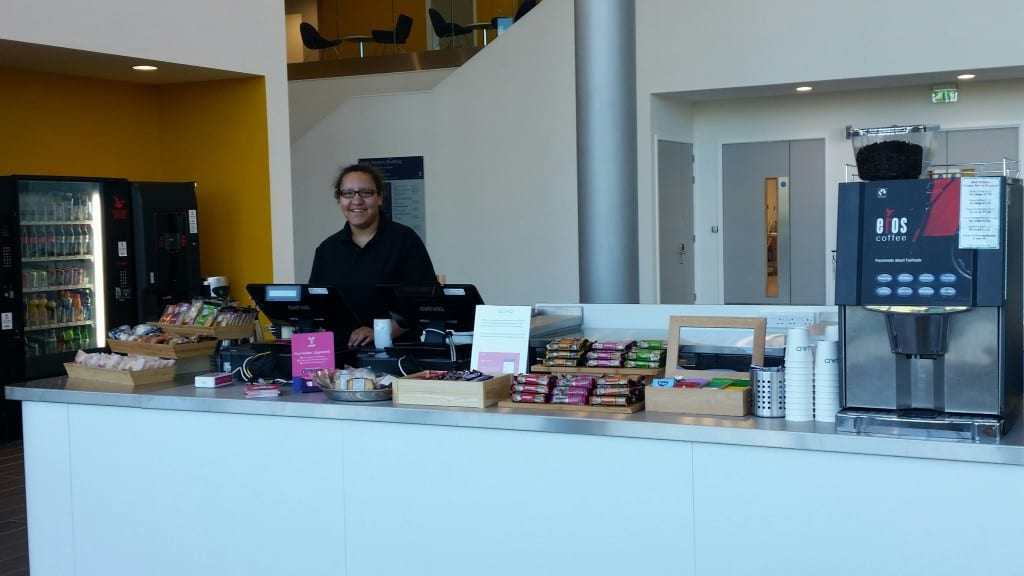
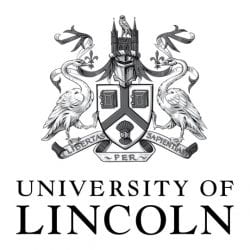
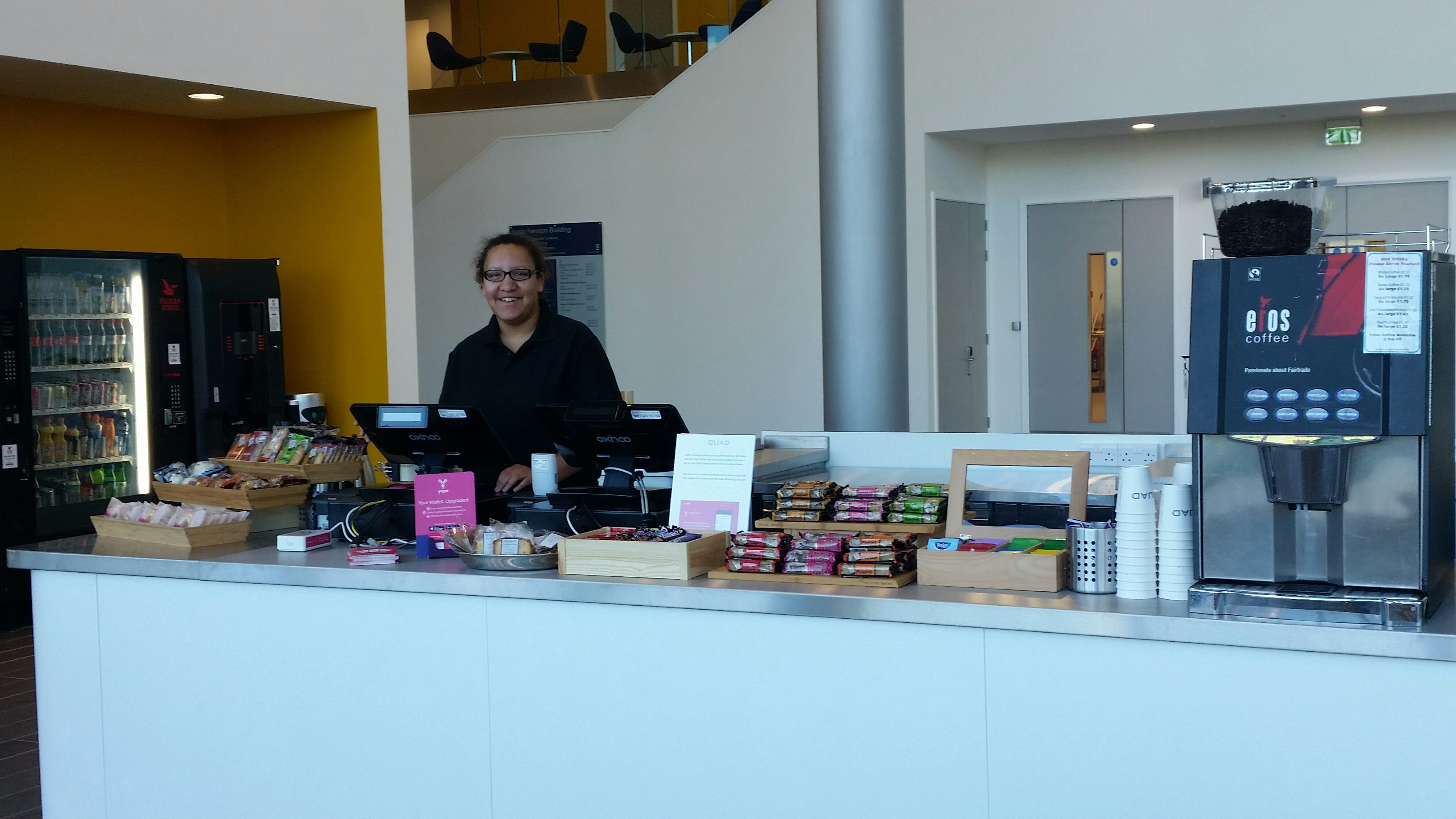

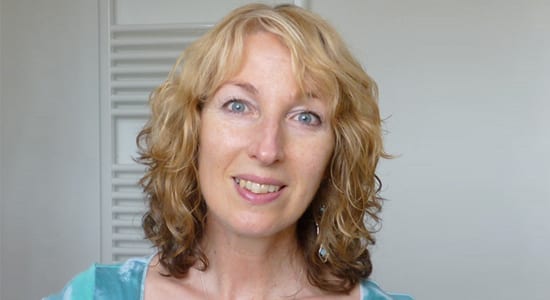
 The next College of Social Science Inaugural Lecture will be by Professor Jacquelyn Allen-Collinson on Wednesday 3rd May.
The next College of Social Science Inaugural Lecture will be by Professor Jacquelyn Allen-Collinson on Wednesday 3rd May.